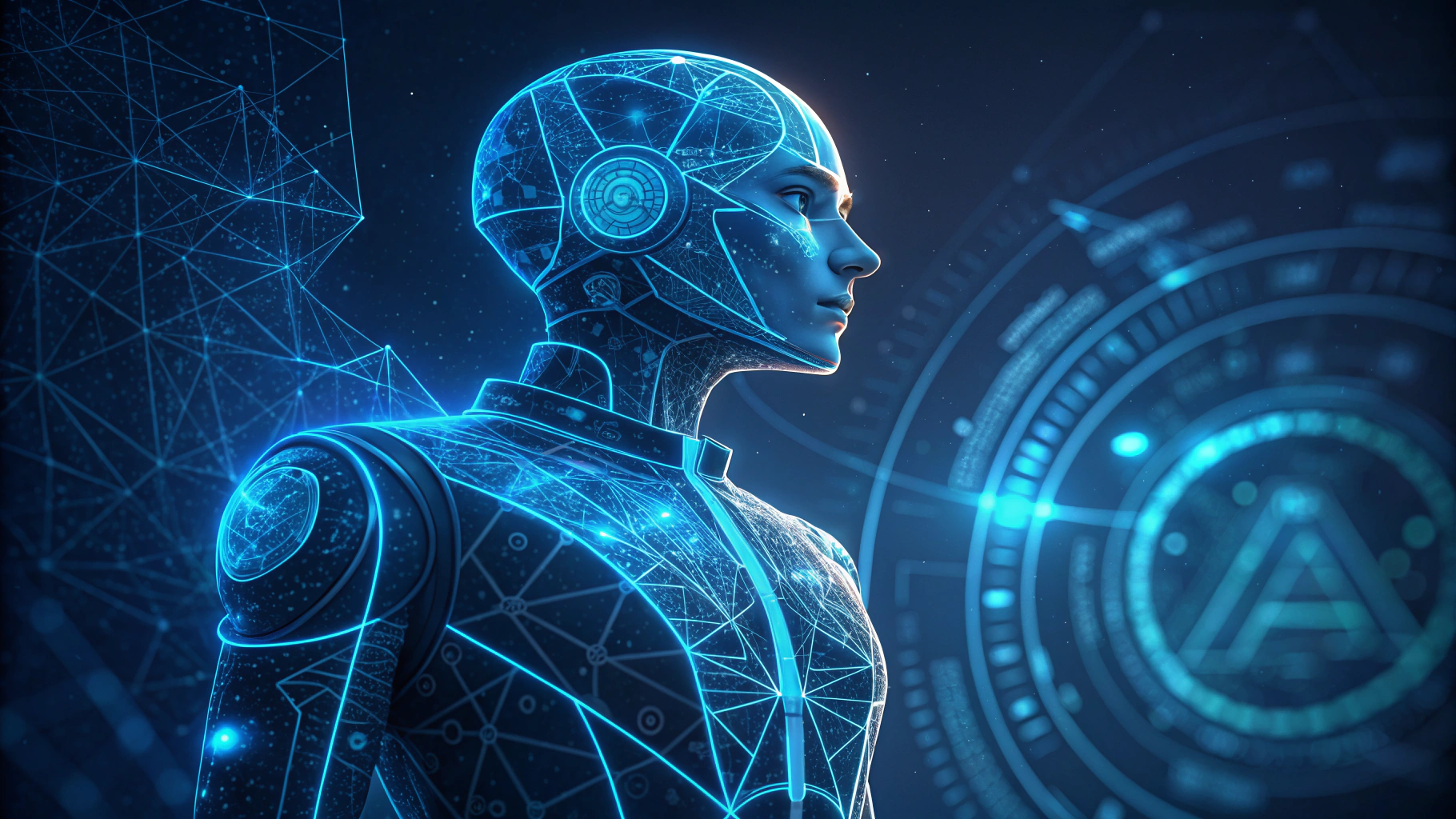AI Agents: Revolutionizing the Future of Intelligent Automation

AI Agents: Revolutionizing the Future of Intelligent Automation
In today’s rapidly evolving technological landscape, agents are becoming indispensable as they power the next generation of intelligent automation. AI agents work autonomously, making decisions and executing tasks that traditionally required human intervention. This transformation is paving the way for advanced customer support, healthcare innovations, financial analytics, and more.
Understanding AI Agents
AI agents are software entities designed to perceive their environments and act upon them based on data-driven insights. These agents leverage machine learning and sophisticated algorithms to interpret data, make decisions, and execute tasks efficiently. By optimizing workflows and reducing manual intervention, agents are changing the landscape of industries across the board.
Types of AI Agents
- Reactive Agents: Operate based on current input without using historical data.
- Deliberative Agents: Use internal models and reasoning to plan and make decisions.
- Hybrid Agents: Combine the qualities of reactive and deliberative systems for balanced performance.
- Learning Agents: Continuously improve by learning from past interactions and experiences.
Applications of AI Agents
AI agents, or simply agents, are widely used in various sectors:
- Customer Service: Chatbots and virtual assistants deliver real-time support and personalized experiences.
- Healthcare: From diagnostics to patient management, AI agents streamline medical operations and improve care quality.
- Finance: Agents automate processes such as trading, fraud detection, and risk management.
- Manufacturing: Enhance efficiency by optimizing supply chains and predictive maintenance.

Benefits of AI Agents
Utilizing agents in automation can lead to:
- Increased Efficiency: Streamlining repetitive tasks and allowing human resources to focus on strategic goals.
- Enhanced Decision Making: Improved accuracy with data-driven insights.
- Scalability: Seamless adaptation to increased workloads without compromising performance.
- Cost Savings: Reduction in operational costs through smart automation.
Challenges and Considerations
While agents offer tremendous benefits, challenges such as data privacy, security, and biases in algorithmic decision-making need careful attention. Addressing these issues is essential for building trust and ensuring sustainable integration of AI agents.
The Future of AI Agents
Looking ahead, AI agents are expected to grow more sophisticated with improved natural language processing, predictive analytics, and human-agent collaboration. The evolution of agents will unlock even more potential across various industries, making them a cornerstone of digital innovation.
In conclusion, the integration of AI agents is revolutionizing the way we work and live, heralding a new era of intelligent automation where efficiency and innovation go hand in hand.


